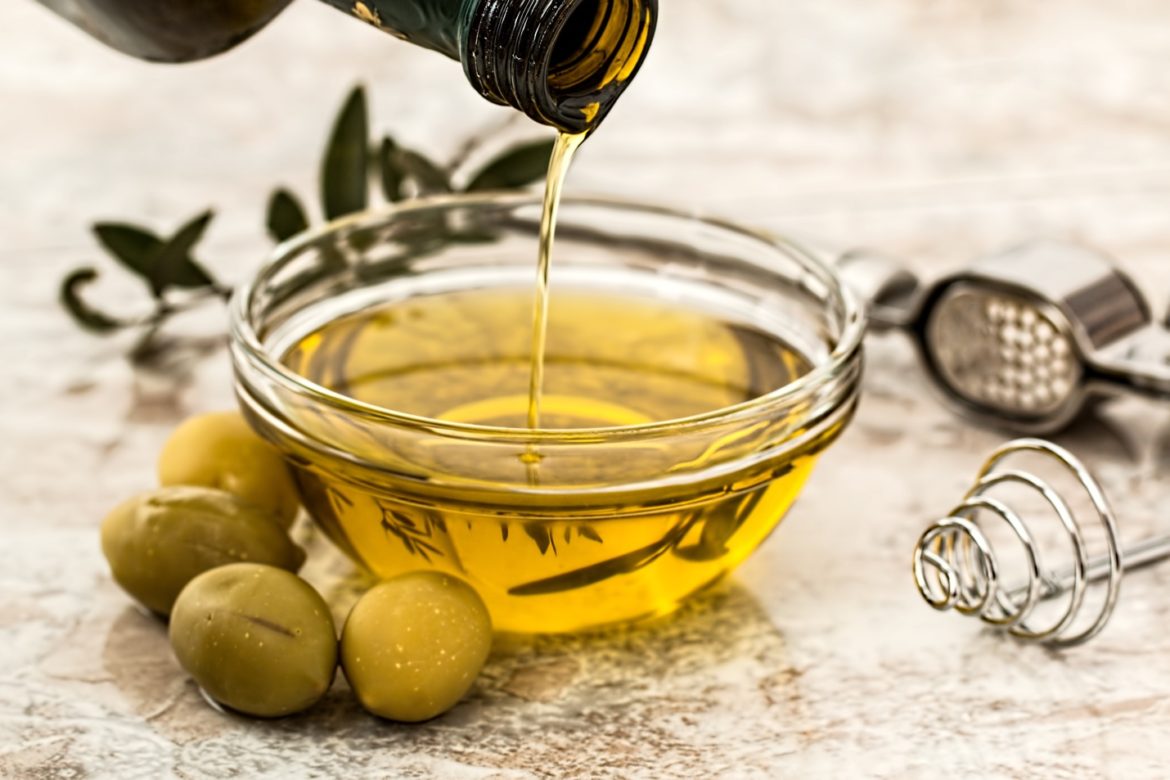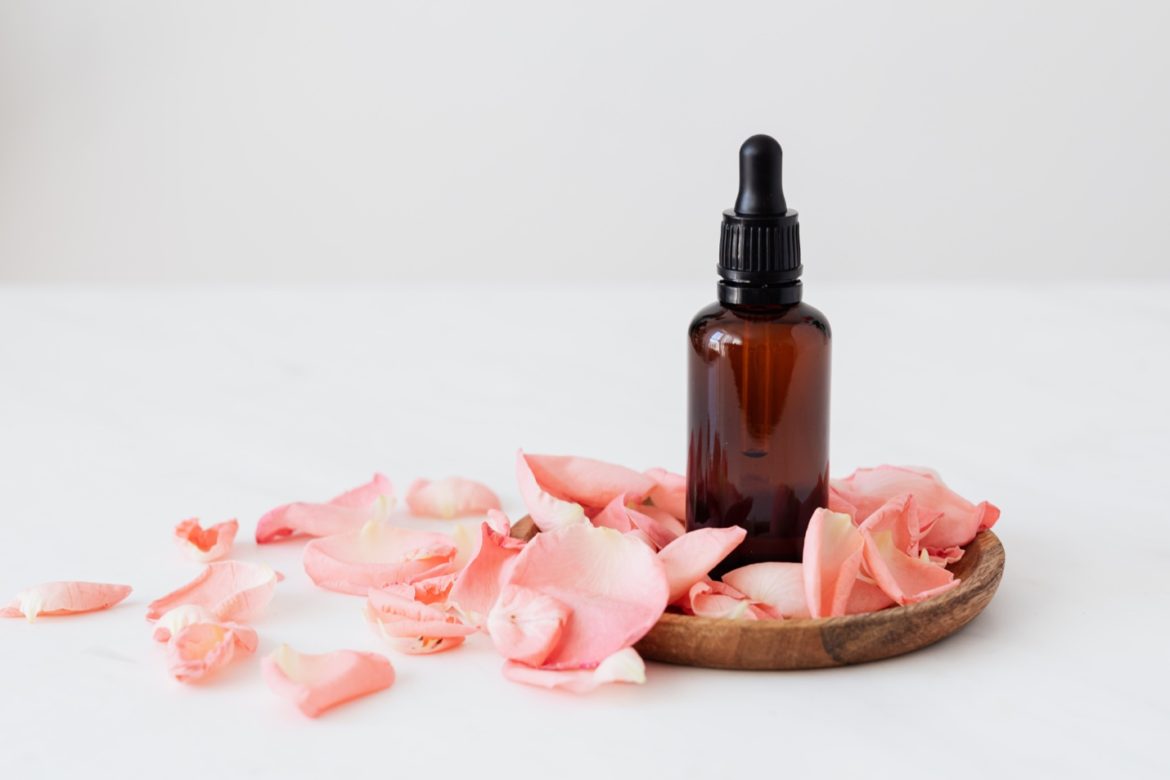Organic Oils: The New Lifestyle
The growing consumer awareness related to the health benefits of organic oils and the shortcomings of artificial oils have led to an uproar and created new avenues for the demand and use of organic oils. To fulfill this escalating demand, several industries have endeavored to utilize organic oils in their applications. Sourced from high-quality organic resources, organic oils are being extensively used in skincare, cosmetic, paint, and food manufacturing industries. Organic oils are also comprehensively used as an essential oil for aromatherapy and therapeutic practices.
There is no denying that organic essential oils are a big part of the new lifestyle and can seemingly be seen everywhere! We use fitness studios, juice bars, nail salons, home stores, recipe blogs, big-box pharmacies, and even paints that we use to decorate our walls promising benefits such as more in-depth focus, sounder sleep, improved and healthier well-being.
If you want to know why organic oils have become the rage and the talk of the current market, stay tuned. But first, let’s discuss what does the word ”organic” signifies?
What Does the Word ‘Organic’ Signify?
The term organic refers to an overarching and formal standard of quality in relation to vegetables, fruits, animal products or meat, cosmetic raw materials, beauty products, cosmetic raw materials, and more. As per USDA – US Department of Agriculture, materials that are certified organic embody an adherence to numerous requirements throughout the sourcing, manufacturing, and processing stages. This incorporates practices that:
– Avoid using prohibited materials, involving certain herbicides, pesticides, non-organic fertilizers, and any other potential injurious additives.
– Conserve soil health, for example, by avoiding sewage sludge and applying manure.
– Curtail contact between non-organic and organic crops.
– Control diseases and pests by using a PAMS that is prevention, avoidance, monitoring, and suppression management approach.
– Actively avoid contact or contamination with prohibited or/and non-organic substances during the production process.
The National Organic Program (NOP) is the official administering body in the US Department of Agriculture (USDA) accountable for upholding the national standards of manufacturing and labeling of organic products. They are also responsible for accrediting both international and local agents who, in turn, scrutinize and implement standards to make sure they conform with USDA regulations.
Depending on the degree of the requirements met, corporations are permitted to use one of either four labels on their products: ”Organic”, ”100% Organic”, ”Organic Ingredients”, or ”Made with Organic”.
What Makes an Oil ‘Organic’?
Generally, organically-minded food manufacturers exhibit a commitment to more natural, eco-friendly, or nature-based farming and foraging practices. The same bearing pertains to essential oils. Companies and suppliers committed to an organic criterion are dedicated to delivering safe, high-quality, and pure essential oils that have been derived from plants subjected to organic and natural production and farming practices.
Within the beauty and cosmetic industry, companies and producers that wish to market essential oils with organic titles must first adhere to standards established by local governing authorities and also by any other labeling restrictions or regulations in the area they’re being sold. For example, in the United States, organic claims must stick to USDA conventions and FDA guidelines for cosmetic safety and labeling, as stated under the Fair Packaging and Labeling (FP&L) Act and Federal Food, Drug, and Cosmetic Act (FD&C Act).
A genuine organic essential oil is one that has not only been created through the utilization of natural methods but also where farming procedures and practices have been mindful of maintaining soil quality and avoiding the introduction of probable harmful agents, for example, by preventing the use of GMOs and evading mono-cropping. Moreover, the end-to-end production and manufacturing process of the essential oil is also accounted for regarding chemical contaminants.
Simply put, organic essential oils embody a philosophy and a practice that is devised to be environmentally friendly, healthy, sustainable, and supportive of the agricultural community as a whole.
Key Difference Between Organic and Non-Organic Oil
The key difference between organic and non-organic oil can be determined via its safety, therapeutic value, cost, and appeal.
– Safety is made sure by deriving organic oil from plants and herbs that are healthier. Steam distillation is used to purify plants of any remaining toxins it may contain.
– Therapeutic value is dependent on the composition of essential oil and the higher concentration of desirable active constituents, coming off as more significant than non-organic oils.
– Organic oils smell relatively better and come off as more appealing.
– The cost of organic oils is relatively higher due to high manufacturing costs.
Popular Kinds of Organic Essential Oils
There are more than ninety kinds of organic essential oils available in the market. Each with its potential health benefits and unique smell. Here is a list of ten most popular essential oils commonly used by people and their associated health claims:
– Lavender Oil: works great for relieving stress
– Peppermint Oil: used to aid digestion and boost energy.
– Lemon Oil: used to relieve headaches, aid digestion, ease mood swings, and more.
– Sandalwood Oil: helps to maintain focus and calm nerves.
– Rose Oil: works well for reducing anxiety and improving mood.
– Bergamot Oil: effective in improving skin conditions like eczema and lowers stress levels.
– Tea Tree Oil: works great for controlling acne, boost immunity, and fight infections.
– Jasmine Oil: used to help with childbirth, depression, and libido.
– Chamomile Oil: used for relaxation and to improve mood.
– Ylang-Ylang Oil: works great for relieving headaches, skin conditions, and nausea.
How to Determine If an Oil is Organic?
- The absence or presence of organic certification is the only viable way of determining whether a particular essential oil product or material is truly organic or not. A supplier or company can’t use an organic seal or label on its products from a reputable certifying authority or body without conforming with its regulations and restrictions.
- Researching the company and inspecting the product label or seal for indicators of authenticity are vital first steps to take as a customer.
- Organic oil businesses that voluntarily go over the organic certification procedure get reviewed and audited literally every step of the way. From the supplier’s agricultural and cultivating practices to the production operations of the end product.

- A seal or label will display the fruits of this rigorous process; a Certified Organic seal signifies that the essential oil has been validated and authenticated to be purely organic.
- NDA associates with suppliers worldwide and delivers full transparency concerning the organic essential oil collection of numerous companies.
- Make sure to go through the list of ingredients to ensure that only organic oils and no refined or low-quality oils are used to make the product.
- Ensure that the product is not diluted with filler ingredients. Apart from a natural preservative, an organic essential oil does not require anything else to function.
- To maintain and verify the integrity of organic essential oils, organizations must establish rigorous internal testing units and usually freely showcase relevant documentation and information related to their products on their website. Thus, it is also a great way to determine if an essential oil is truly organic or not.
Important Note:
Essential oils are generally diluted with a carrier oil to prevent side effects, but when you use a pure, organic plant oil on your face, be careful of diluted or cut oils. Analogous to grocery store oils, dishonorable brands can amalgam an organic oil with lower-quality, and cheaper oils. These lower-quality oils would not have the same high nutrient levels that can be found in organic oils – implicating that your skin would not reap the benefits that you’re expecting. To combat this issue, select a brand that is transparent about their farming and production practices or certified organic by USDA.
Role of Organic Oil in Numerous Industries
Since the inception of organic oils, it has taken several industries in its fold. Read on to learn about a few of these industries:
Food Manufacturing Industry
Over time people have turned more health-conscious and hence incline more towards organic products. The reason behind this is that organic products have way more health benefits than synthetic or artificial products. The key driving factor for the progress of the organic oil industry is snowballing awareness about organic products.
Organic essential oils comprise considerably less fat than normal oil. And the fact that the number of diabetic and obese patients are mounting day by day gives additional boost the consumption of low-fat oil and foods. Nowadays, people are more concerned about their health and physical appearance due to which they are inclining towards healthy and low-fat products. Olive and coconut oil are a few of the most common organic oils used in the food manufacturing industry.
Skincare and Cosmetic Industry
Edible organic oil is not only used in the food manufacturing industry, but it’s also greatly used in the cosmetic and skincare industry.

Organic oils are beneficial for maintaining healthier and more radiant-looking skin. The use of coconut, jojoba, and olive oil is increasing day by day in the beauty, and cosmetic industry as consumers prefer putting organic oil on their skin instead of non-organic oils. Moreover, organic skincare products offer added benefits to minimize the risk of allergies and skin irritation as they don’t include chemicals. Both organic essential oils and organic vegetable oils are used in organic skincare products. They moisturize, nourish, and gently take care of the skin, and due to this, the demand for these products in the skincare and cosmetic space is witnessing rapid growth.
Myths Related to Organic Oils
In several ways, it’s hard to deny that organic oils are exceptional in relation to their quality, characteristics, performance, and safety. However, there are also numerous misconceptions and myths surrounding organic products, including organic oils.
Myth #1: One big misconception related to organic oils is that people believe that an organic seal signifies that the organic oil product is entirely free from pesticides. But this is not completely true. Organic farmers are allowed to utilize organic pesticides and also synthetic pesticides if they are in line with the PAMS approach for pest control. Moreover, pesticide chemicals can exist as residues and thus can’t be easily eradicated. Thus, while the production of organic oils significantly minimizes the use of toxic pesticides, but it can’t entirely eliminate its presence.
Myth #2: Another common myth is that organic oils are generally superior to conventional oils in quality. There are several non-organic oils from respectable companies that are equally as good as organic oils. The integrity or quality of any oil, whether it is organic or not, cannot be determined solely by agriculture or cultivation practices. Therefore, it would be wrong to say that organic oils are always higher in quality than conventional oils.
Should You Buy Organic Oils?
To buy or not buy an organic oil ultimately depends on your individual preferences, tastes, and values. People who are mostly concerned about their safety might believe that organic oils hold the lowest health risk, particularly if they regularly diffuse or inhale them. Likewise, people who care about the effect their choices make on the environment at large might find that it’s valuable and worthwhile to invest in organic oils.
If you own a business, choosing to go organic could be an excellent way of indicating your brand’s commitment and ethics to your consumers’ quality. An organic seal or label can appear more desirable in the eyes of a buyer, and you might it easier to market such products and sell them at premium prices.
Whatever the case may be, we recommend that businesses and consumers stand by making educated and informed choices. It’s vital to purchase oils from a reputable supplier or vendor, look for availability of lab testing results and certifications. Additionally, be aware of organic labeling or seal practices and requirements, and if the need arises ask questions. These are checks and indicators for the quality of oils, irrespective of whether they’re organic or not.
The EndNote
Consumer demand for organic oils and products is presently at an all-time high. Certified Organic oils comprise organic practices and philosophies that have several positive implications for manufacturers, consumers, and the agricultural community as a whole, for example, by tilting more towards natural-based farming, preserving soil health, assisting in minimizing toxic residues from pesticides, and funding towards long-term sustainability.
About Maverik Oils
At Maverik Oils, it starts with family.
As a family-run set-up, we realize that the needs and dynamics of one business to the next can vary significantly. Due to this, since day one, we have endeavored to personalize every experience based on your needs and requirements. To learn more about us, make sure to check our website.


